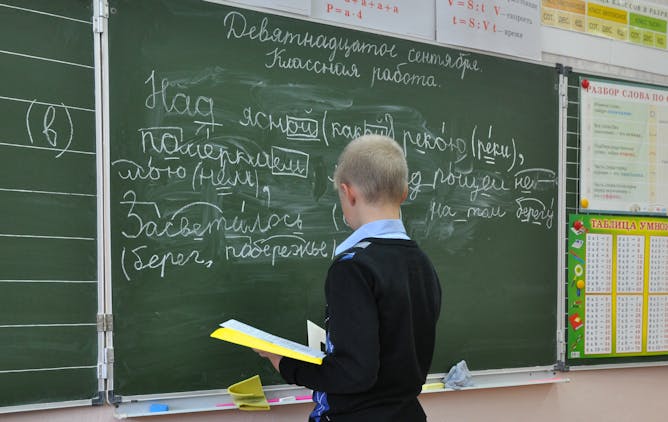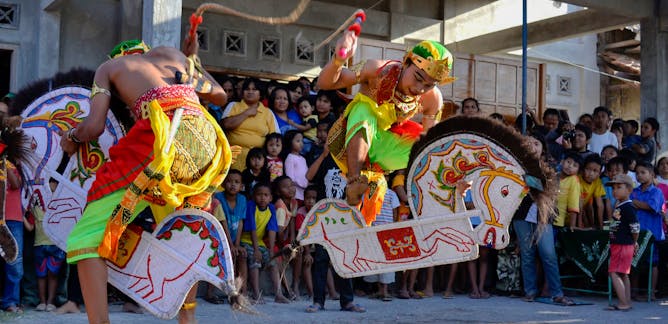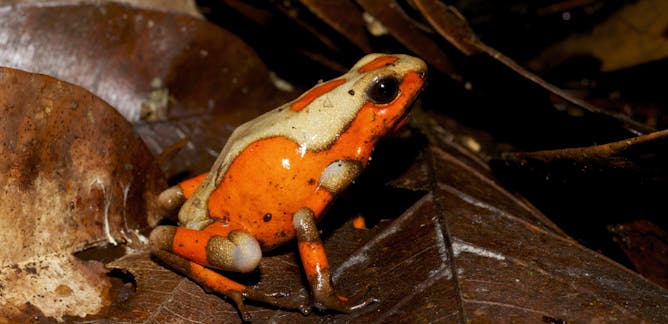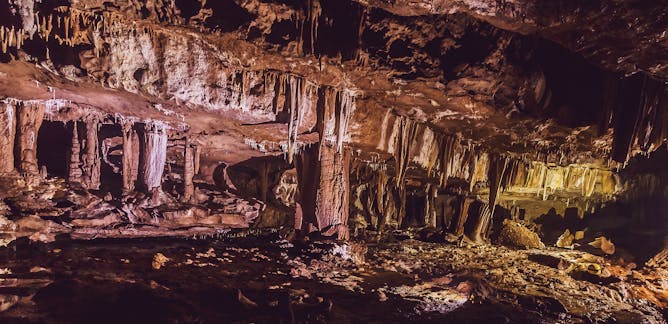|
Whenever any country with a Russian-speaking minority moves to marginalise the Russian language, the Kremlin accuses it of “cultural genocide”. But now, Russian citizens who speak minority languages of their own are up in arms about similar policies imposed by their own federal government. Guzel Yusupova explains how a campaign of cultural homogenisation has created a resistance campaign the Putin government didn’t anticipate.
17 years ago al-Qaida conducted a series of terrorist attacks against the United States. Since then, there’s been an unprecedented onslaught against them. Tricia Bacon explains how the group’s extraordinary ability to form alliances has sustained them.
|

VPales/Shutterstock.com
Guzel Yusupova, Durham University
While the Kremlin rages at supposed crackdowns on Russian speakers abroad, it's rolling out a programme of linguistic homogenisation at home.
|

The World Trade Center burns after being hit by planes in New York Sept. 11, 2001.
Reuters/Sara K. Schwittek
Tricia Bacon, American University School of Public Affairs
An unprecedented onslaught from the US hasn't destroyed the terrorist organization. What is the secret of its resilience?
|
Society + Environment
|

Francis Vergunst, Université de Montréal; Helen Louise Berry, University of Sydney; Massimiliano Orri, McGill University
Climate change poses a threat to our mental health. Building connected communities is one way to combat a rise in suicide rates as global temperatures increase.
| |

Irwan Martua Hidayana, Universitas Indonesia
Culturally, Indonesians have long recognised sexual and gender diversity as part of their daily lives.
|
|
|
Science + Technology
|

Jose Andres, University of Saskatchewan; Andres Posso-Terranova, University of Saskatchewan
With their jewel-like colours, Colombia's poison frogs are coveted by collectors. Does naming their species help protect them or make them a target for trophy hunters?
| |

Steve Petsch, University of Massachusetts Amherst
2018 brought the announcement of a new geologic age that covers the last 4,200 years. How do scientists divide up Earth's timeline and what do these demarcations mean?
|
|
|